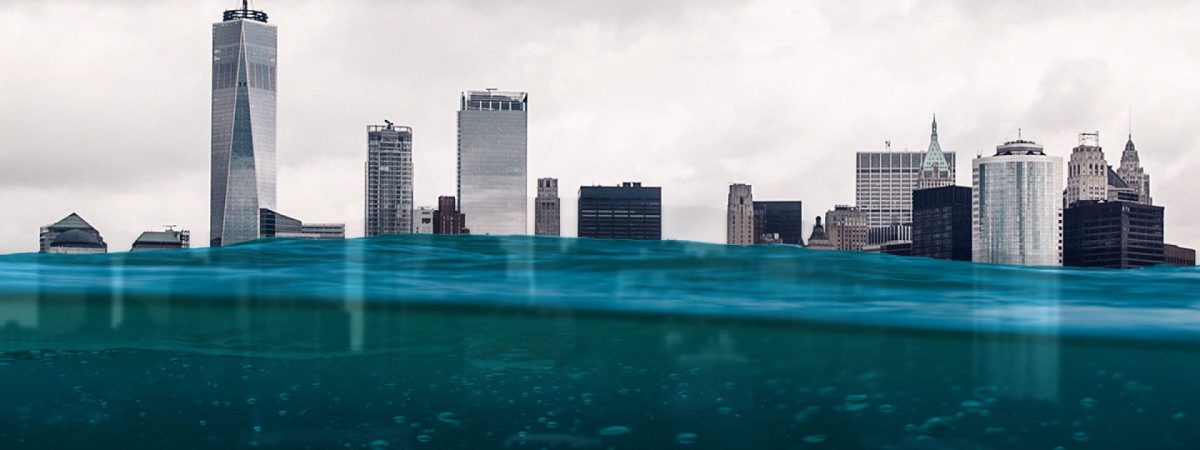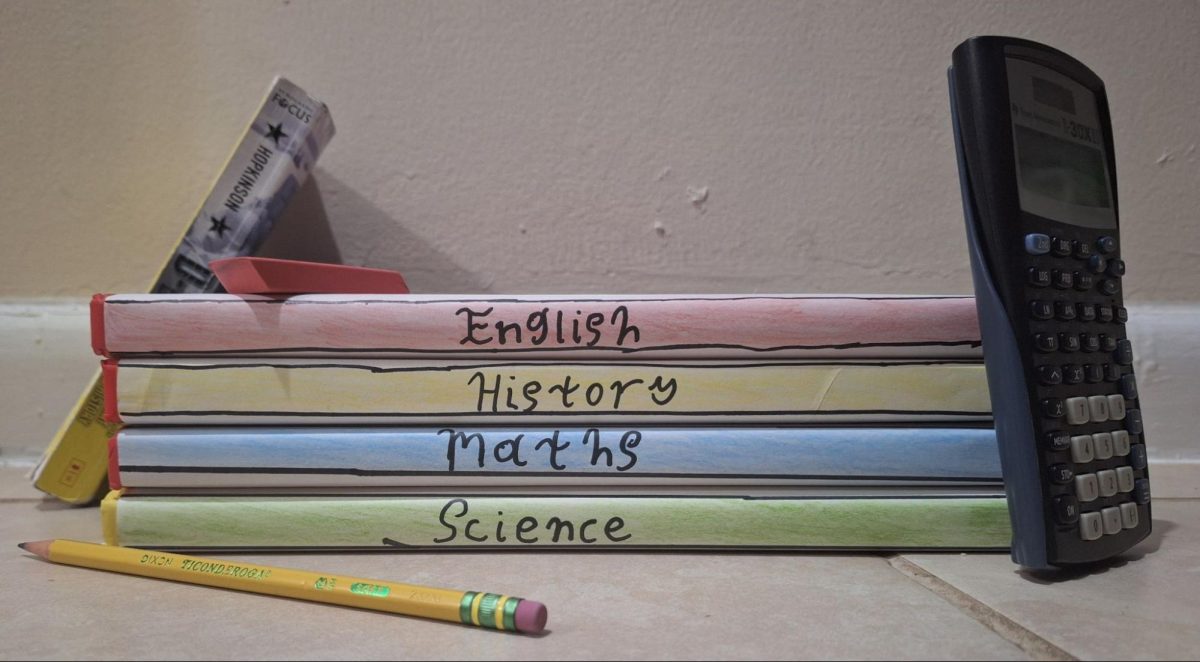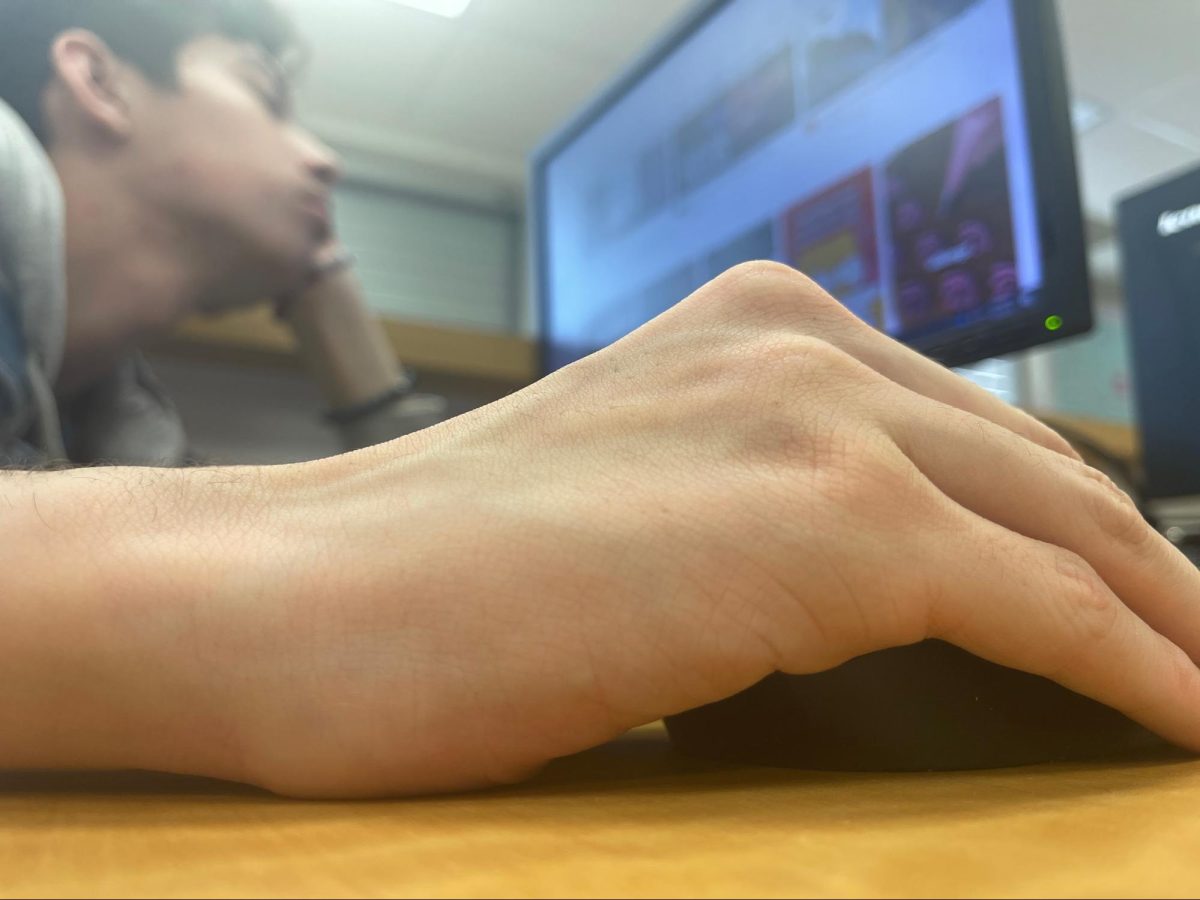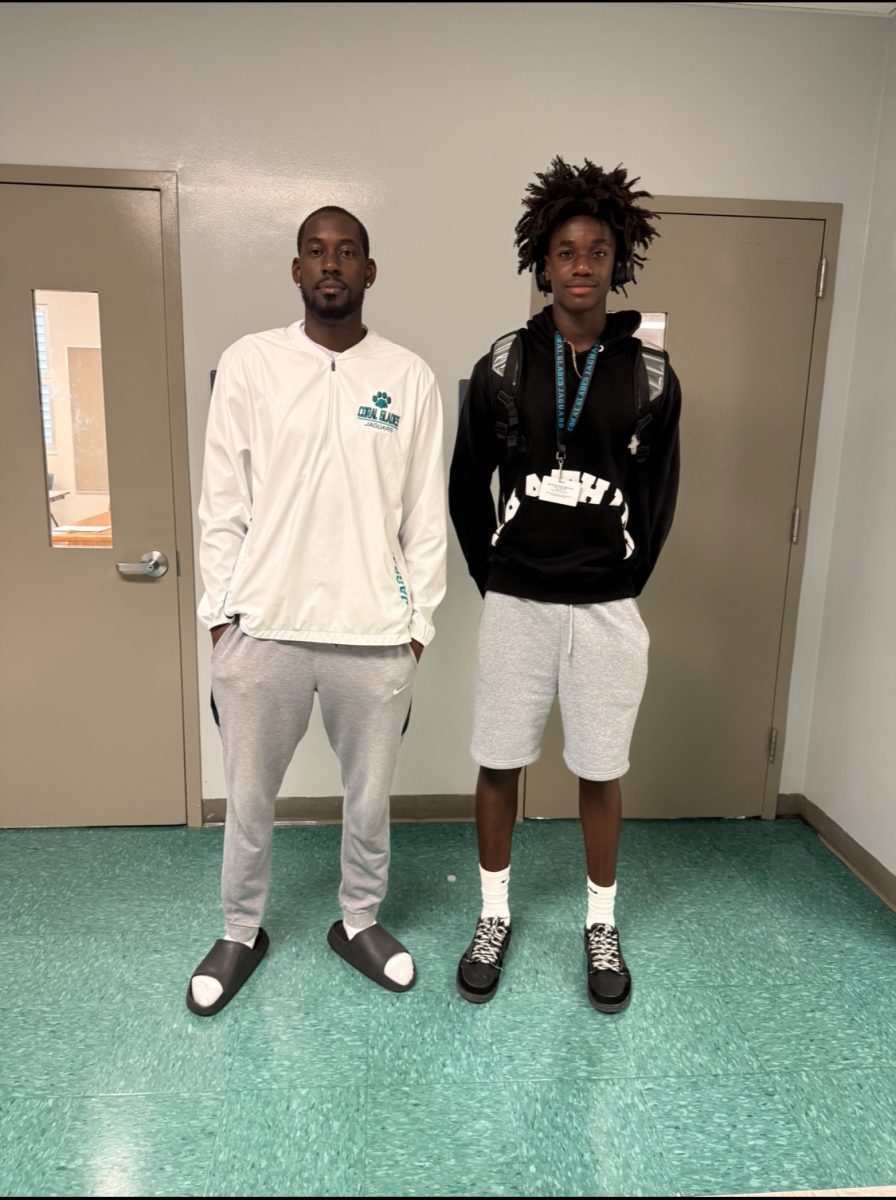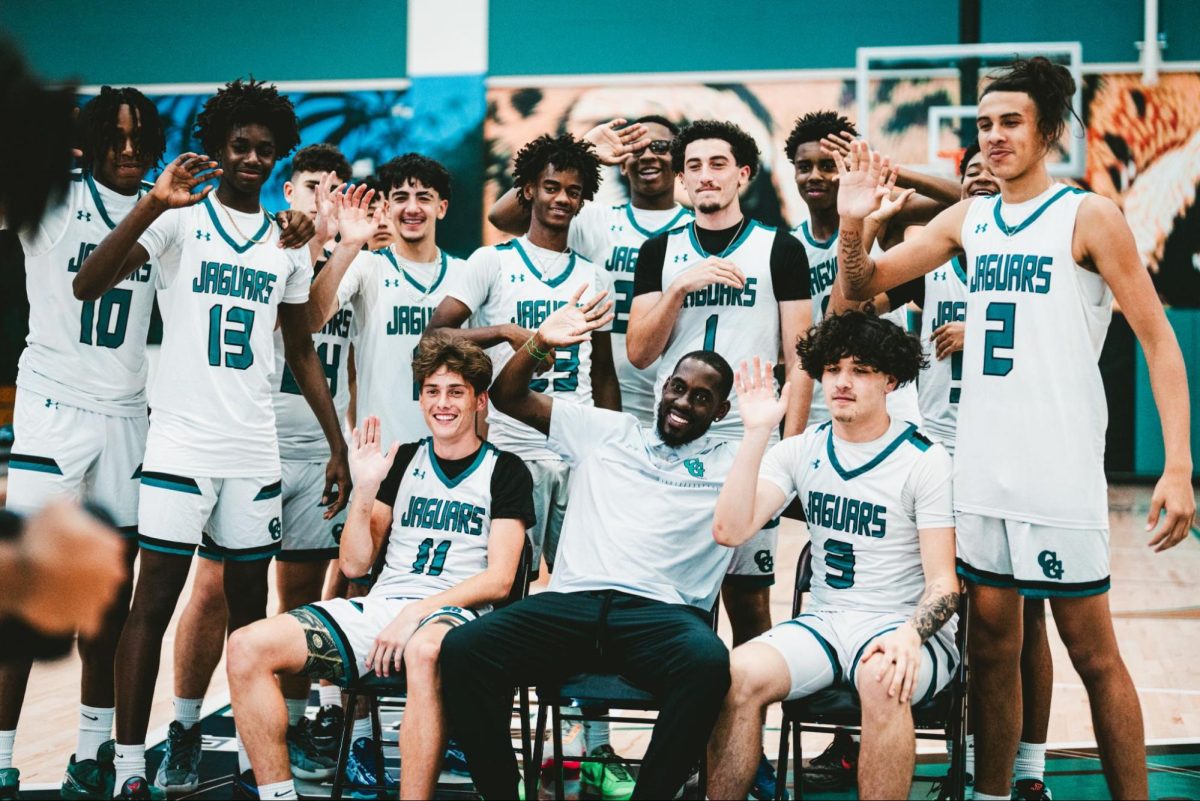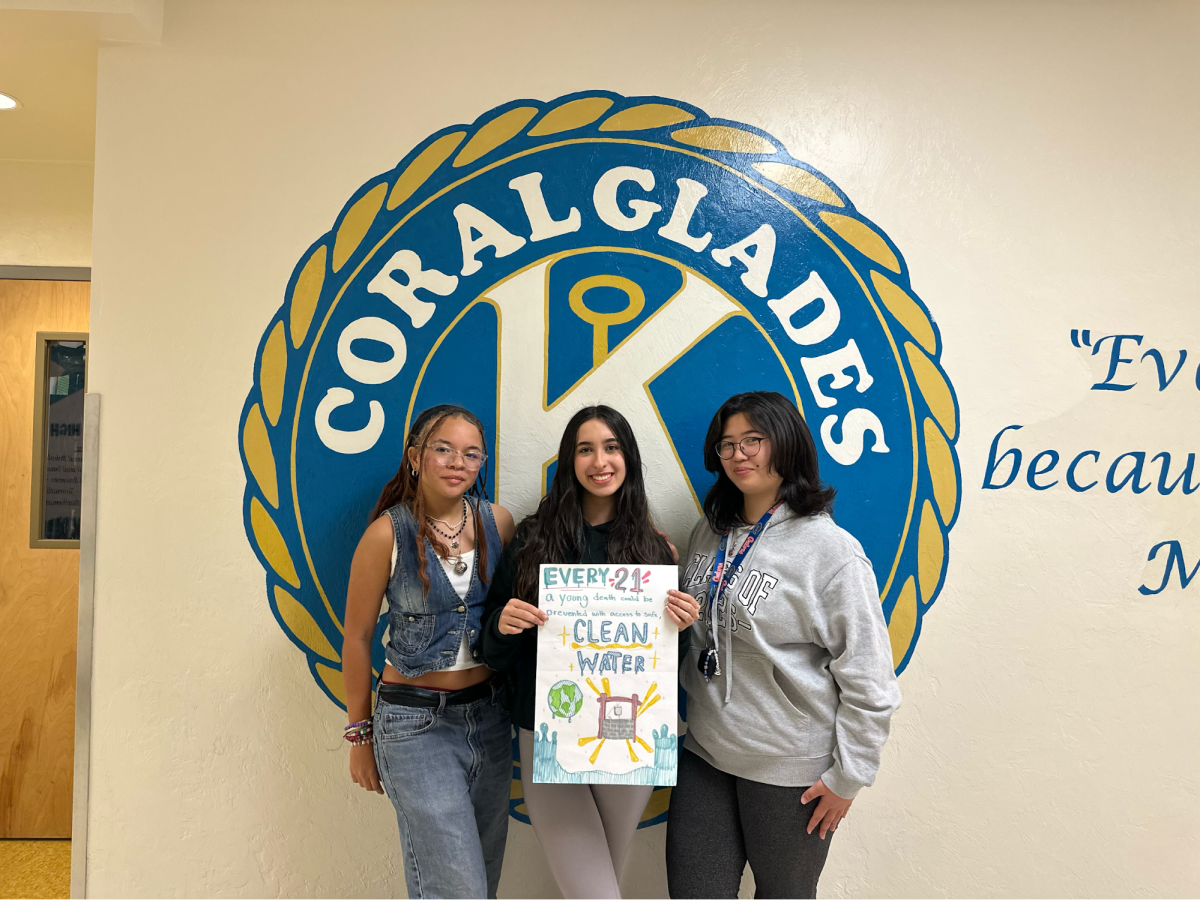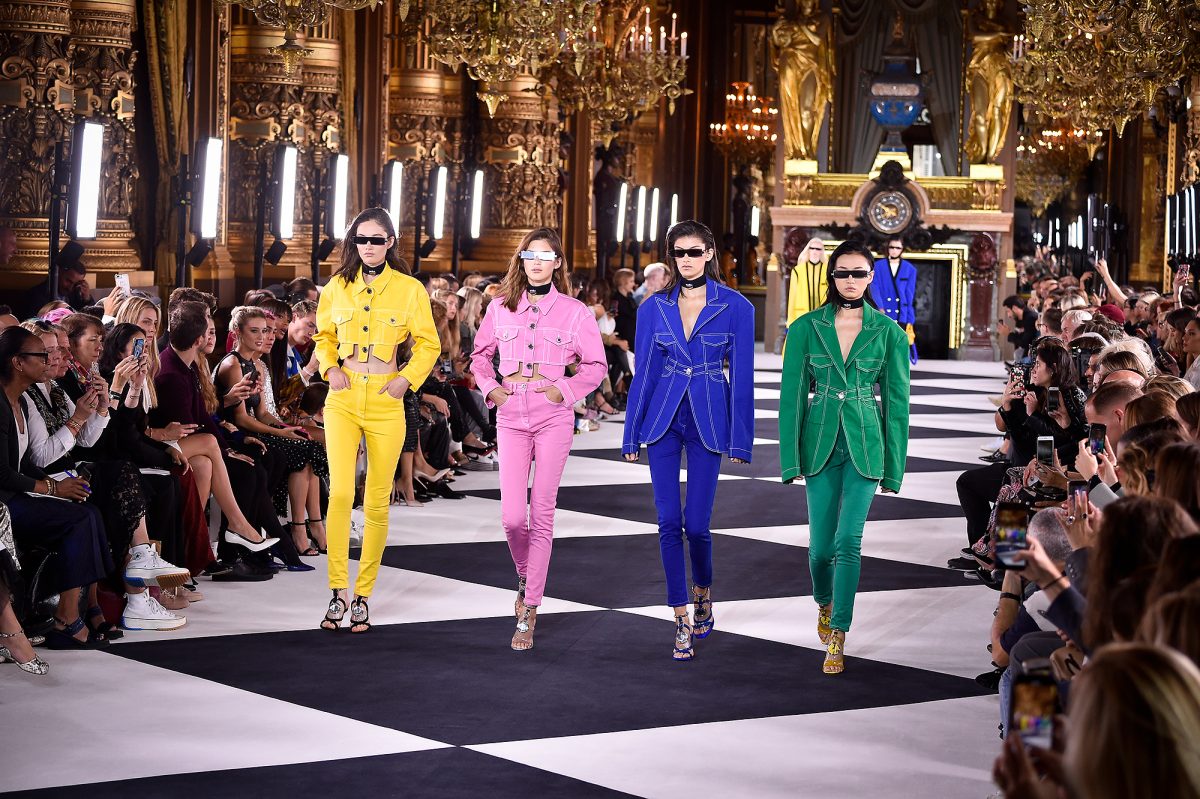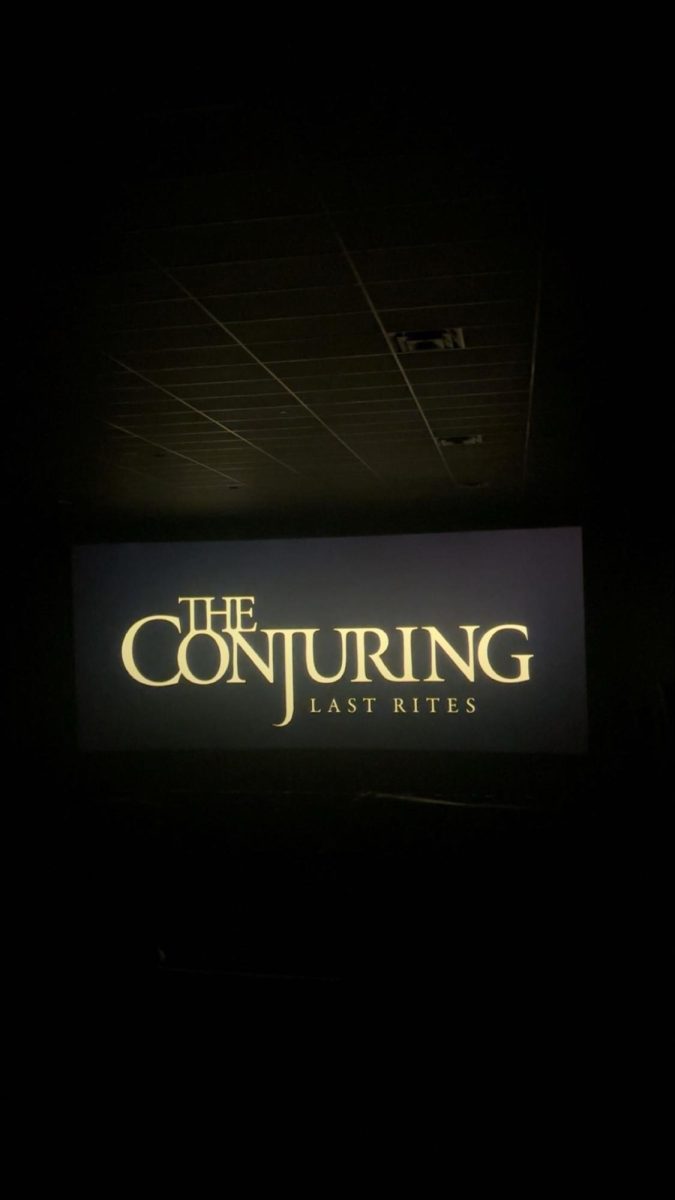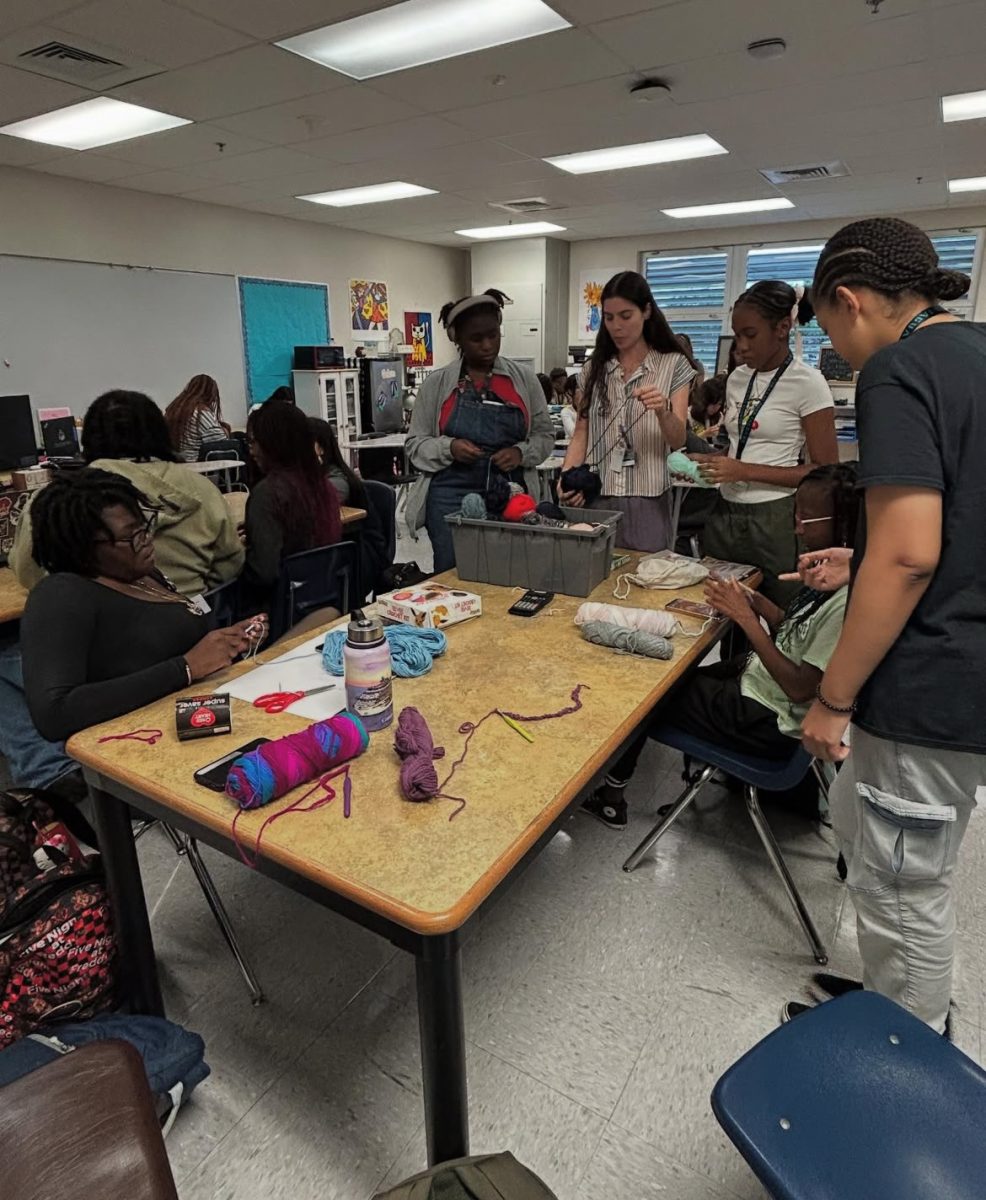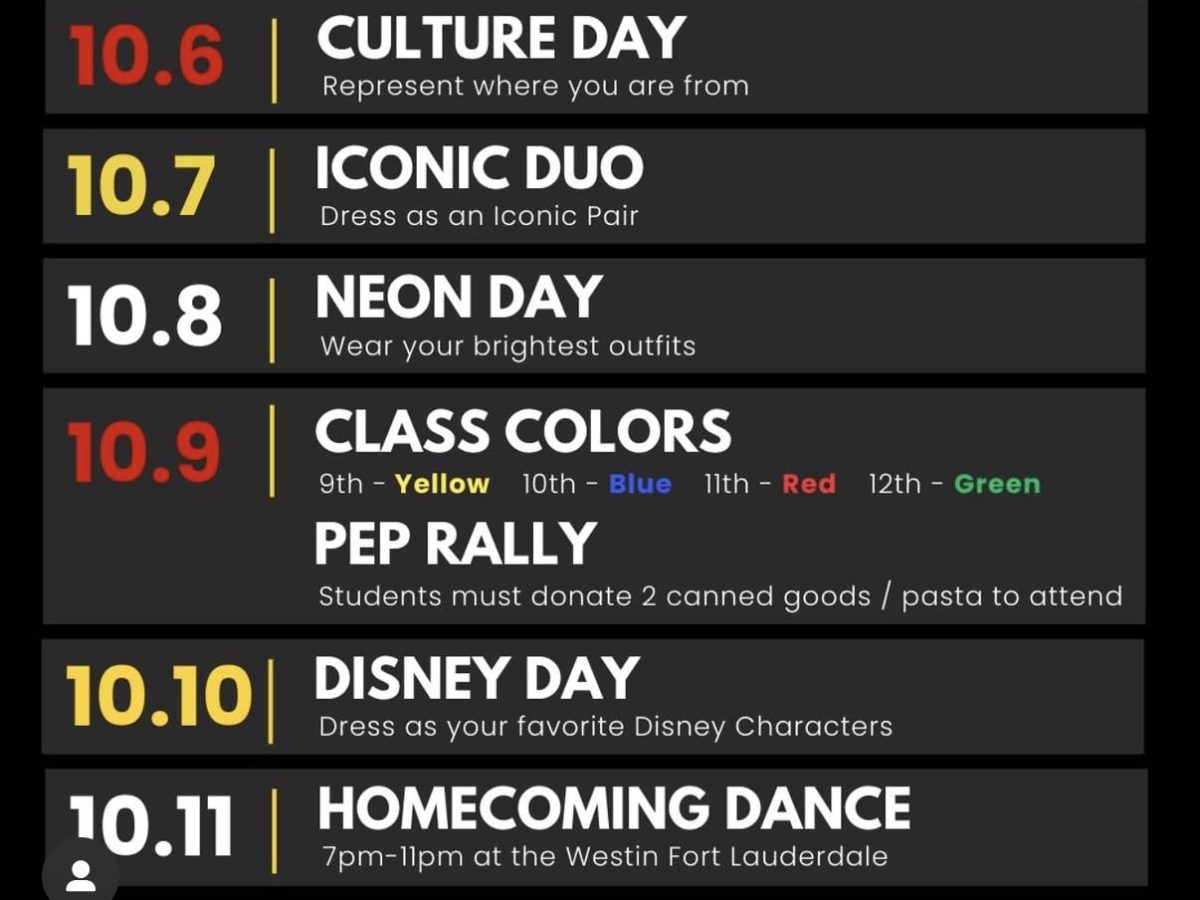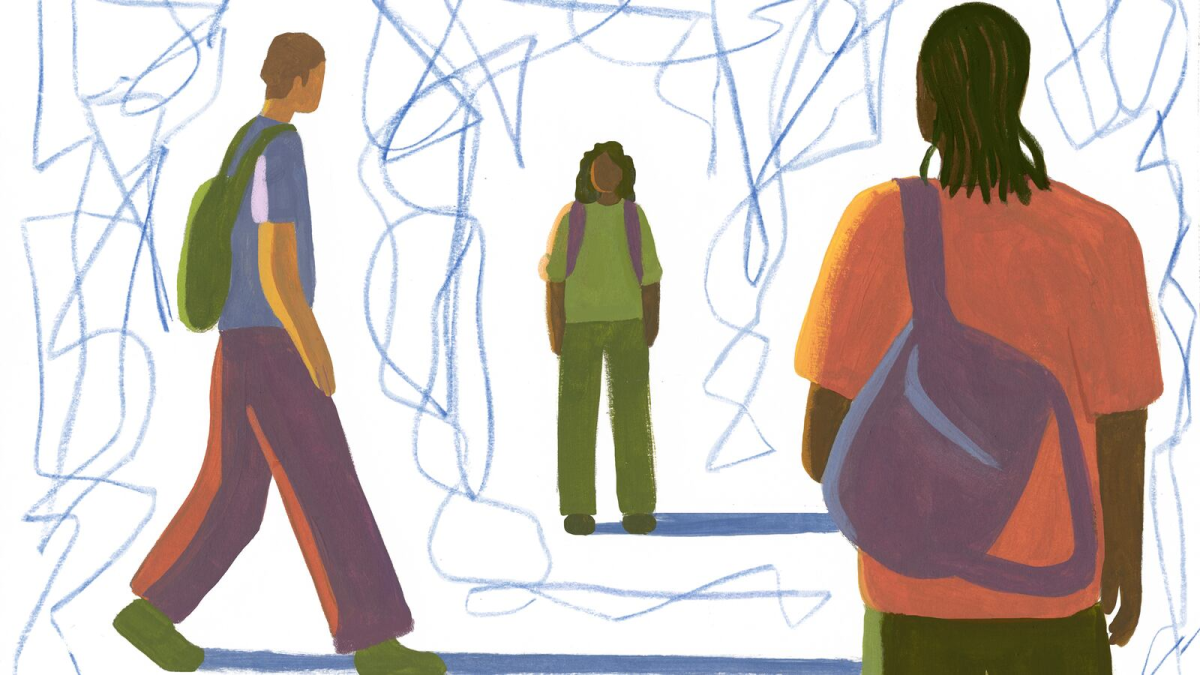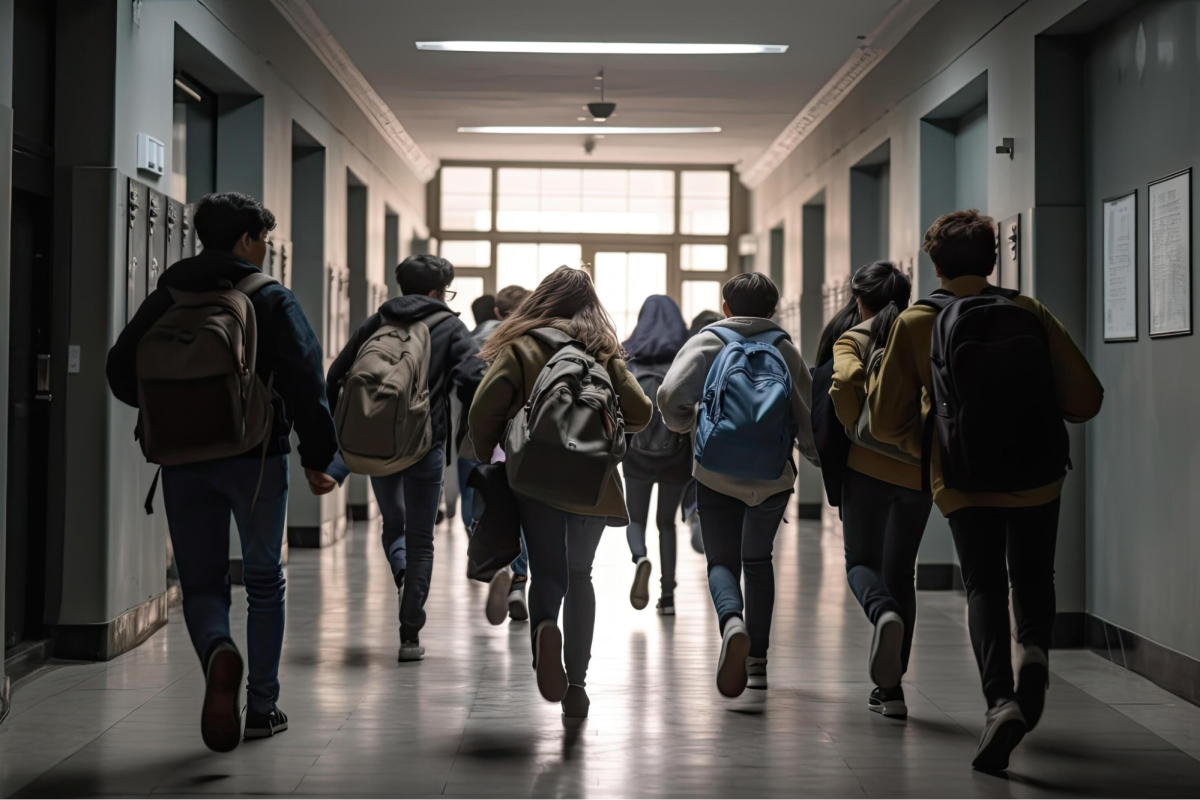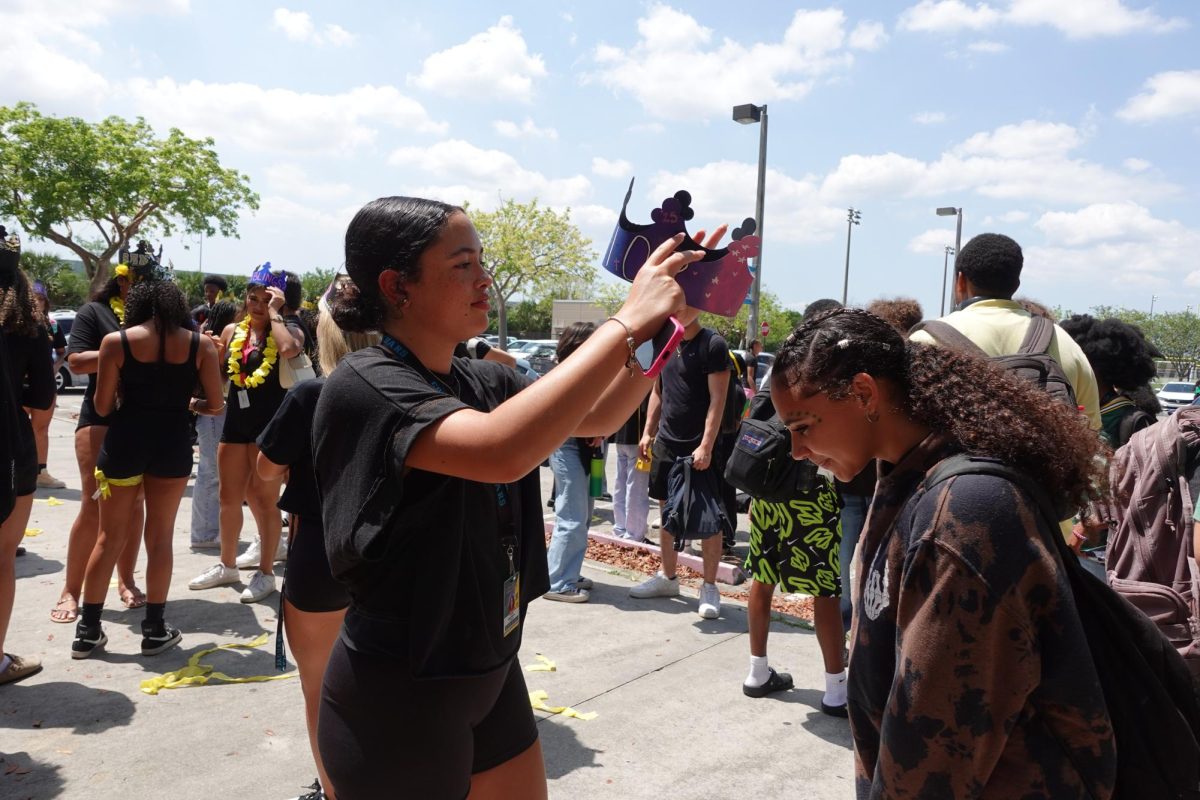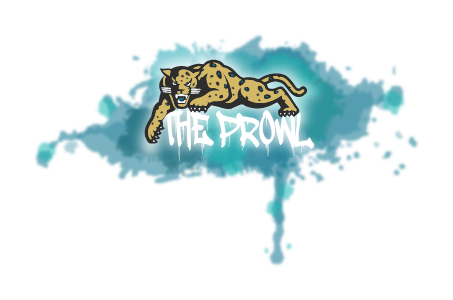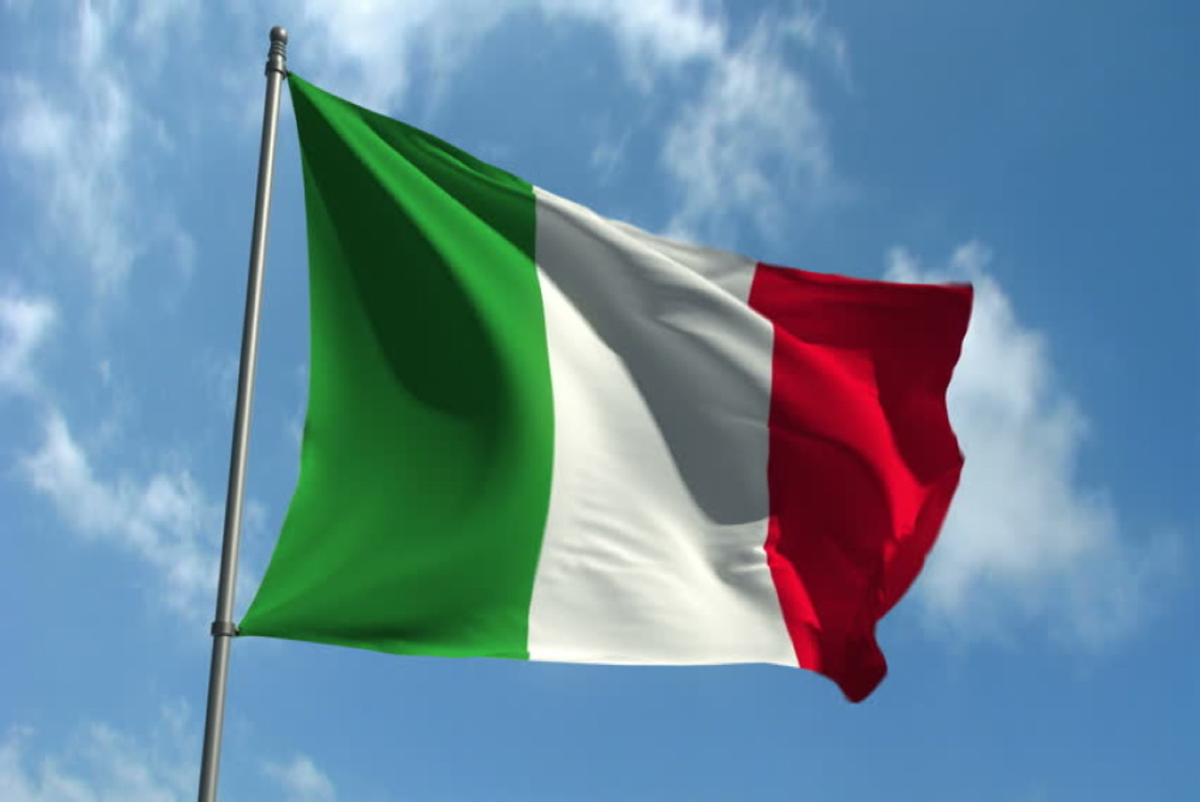Coral reefs are among the most beautiful and important parts of the ocean, but unfortunately, they are dying due to climate change. Many people are unaware of the seriousness of this issue. Reefs are often called the “rainforests of the sea” because so many animals depend on them. Fish, crabs, sea turtles, and even sharks use reefs for food and shelter. If the reefs die, a significant portion of ocean life could also disappear.
One of the biggest reasons coral reefs are dying is that the ocean is getting hotter. When the water temperature rises, the corals get stressed and start to bleach. Coral bleaching is when the coral loses the colorful algae that live inside it. Those algae give the coral food and their bright colors. Without them, the coral turns white and weak. If the water stays hot for too long, the coral doesn’t survive. Scientists have already seen huge amounts of bleaching in places like the Great Barrier Reef in Australia.
Another problem is ocean acidification. This happens when we burn things like coal, oil, and gas, which puts carbon dioxide into the air. Some of that carbon dioxide gets absorbed by the ocean. It makes the water more acidic, which makes it harder for corals to grow their skeletons. Over time, this makes reefs fragile and easier to break apart.
Climate change also causes stronger storms and rising sea levels, which damage coral reefs even more. Imagine trying to build a house out of glass while giant waves keep crashing into it; that’s kind of what corals are going through right now.
Another big reason reefs are dying is because of human activity. People break pieces of coral off for souvenirs, step on them while snorkeling, or destroy them when building near the water. Pollution from trash, chemicals, and plastic is another huge issue. Plastic bags and bottles can get stuck on coral, blocking sunlight and making it harder for them to grow. Oil spills or harmful chemicals from farming can also poison the reef and the animals that live there. Overfishing is another problem. When too many fish are caught, it messes up the balance of the reef ecosystem. Each fish plays a role, and when they’re gone, the reef suffers even more.
The sad part is that humans are causing climate change, but the good part is that we can also help fix it. Using clean energy, protecting the ocean, and reducing pollution are all things that can give reefs a better chance. Even small actions, like recycling or saving energy, can add up if more people do them.
Coral reefs might seem far away to some of us, but they affect the whole planet. They help protect coastlines from storms, give us medicine, and support millions of people who depend on fishing. If we don’t take care of reefs now, future generations might not get to see their beauty at all.

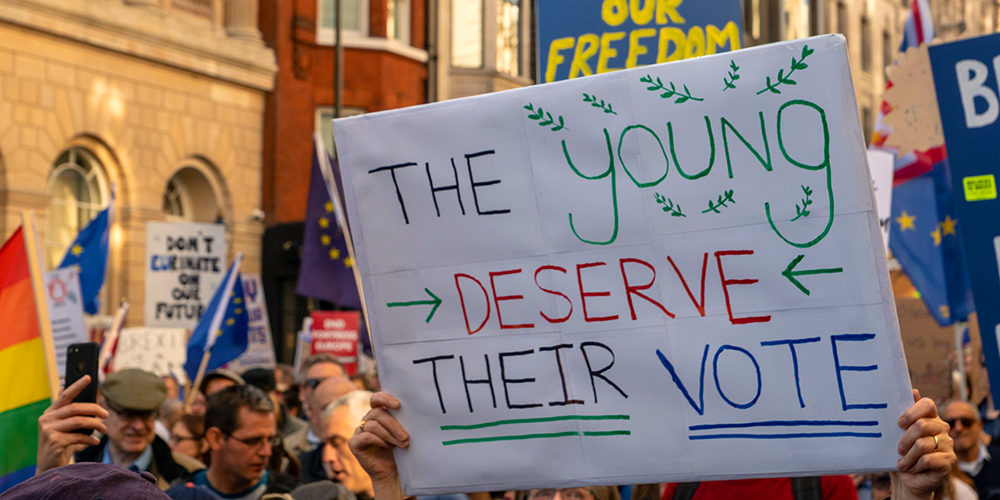
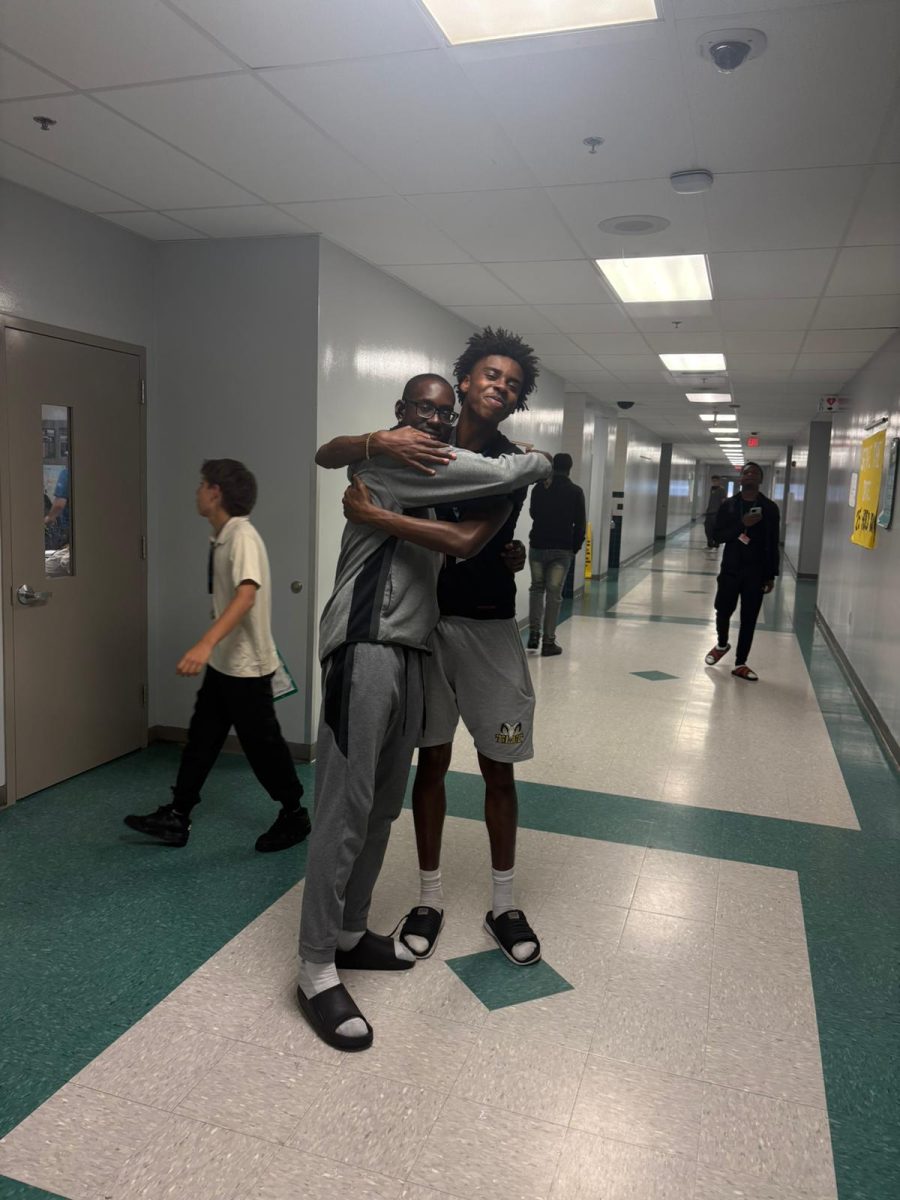


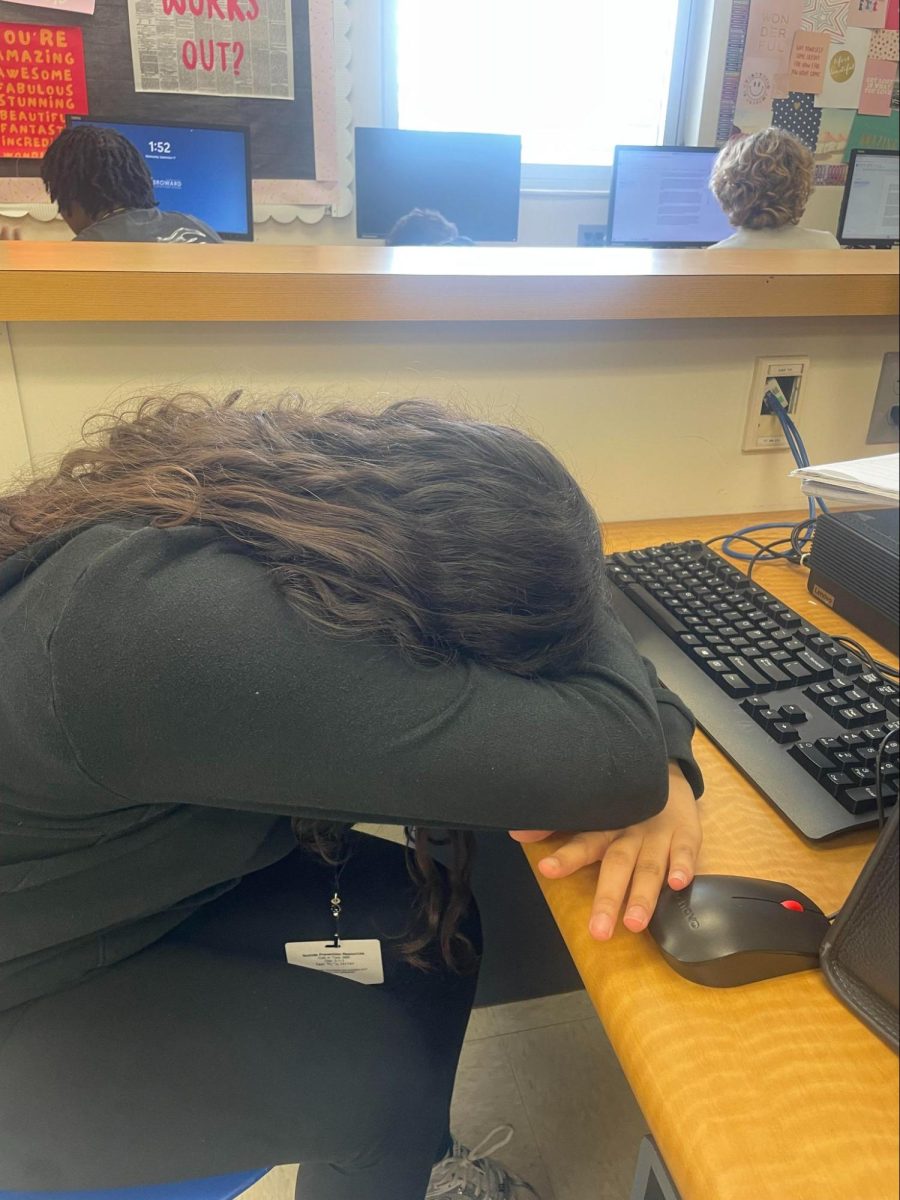


![[Photograph of an Italian sandwich] Photo Creds: https://www.thepioneerwoman.com/food-cooking/recipes/a42398453/italian-sandwich-recipe/](https://cghstheprowl.com/wp-content/uploads/2025/10/image1.png)



